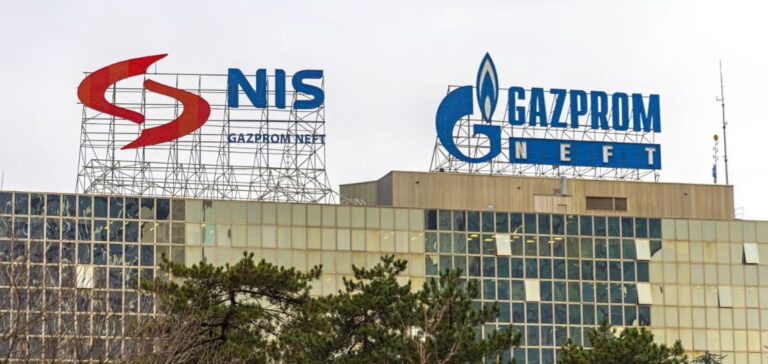The United States has granted a new two-month delay before applying sanctions against the Serbian oil and gas company NIS, majority-owned by Russian group Gazprom, Serbian President Aleksandar Vucic announced on April 26. This reprieve postpones punitive measures at least until June 27, while NIS continues to ensure the majority of Serbia’s energy supply.
NIS operates Serbia’s only oil refinery and holds majority stakes in the country’s two main gas pipelines. It is among the many entities targeted by a set of sanctions decided by the American administration in January, during the presidential transition from Joe Biden to Donald Trump.
Ongoing discussions between NIS and US authorities
An initial delay was granted in February, followed by a second extension in March, before this third postponement announced on Saturday. Earlier this week, NIS confirmed that it had submitted a new request to the US Department of the Treasury to delay the implementation of sanctions, initially scheduled for April 28.
Since January, regular discussions have been taking place between NIS representatives and US authorities. Aleksandar Vucic also raised the matter during a telephone conversation with Russian President Vladimir Putin on March 7, where they discussed political and energy cooperation as well as ways to reach a gas agreement before May 31.
Strategic impact for Serbia
Serbia remains heavily dependent on Russian gas, so far refusing to align its policy with sanctions imposed by the European Union, despite its ambitions for membership. According to Aleksandar Vucic, applying sanctions against NIS would severely damage the national economy, given the company’s strategic position in the energy sector.
Gazprom Neft owns approximately 45% of NIS’s capital, while Gazprom, the parent company of Gazprom Neft, holds 11%. The Serbian state controls nearly 30% of the shares, with the remainder held by employees, former employees, Serbian citizens, and minority shareholders.






















